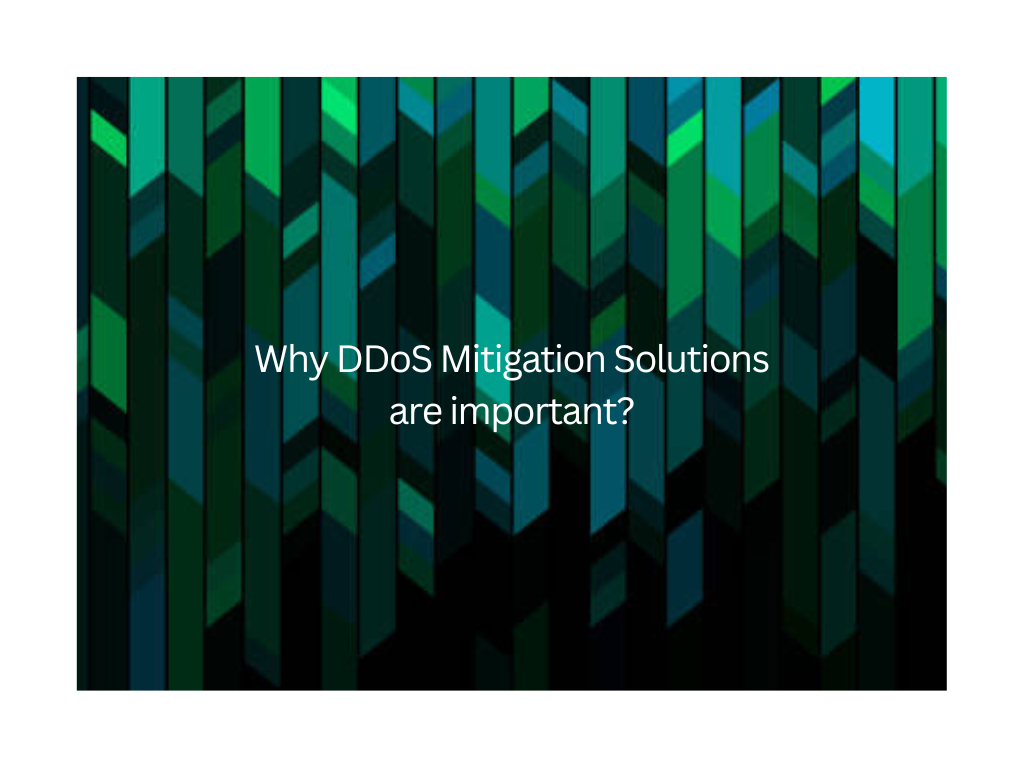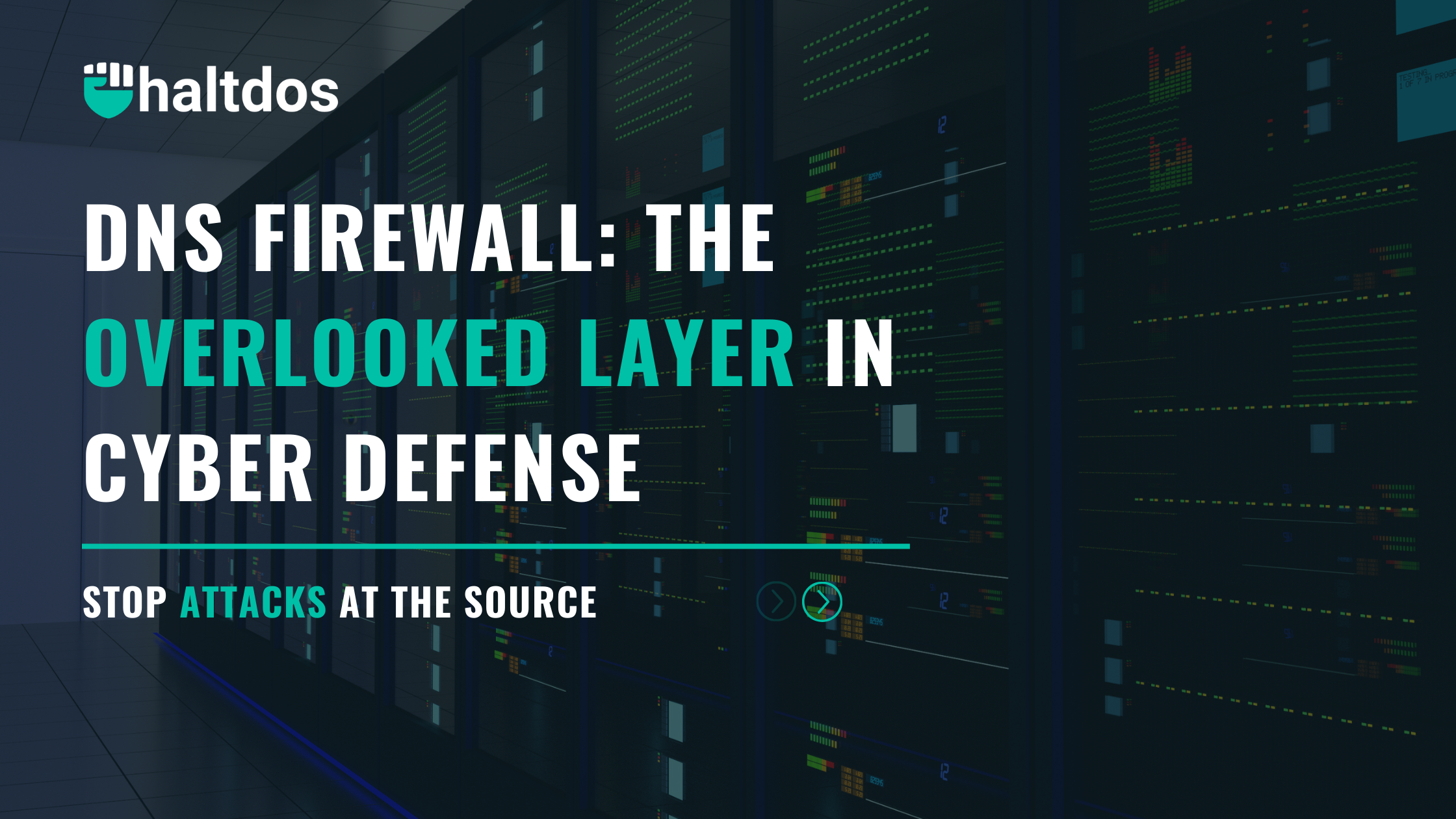

Distributed Denial of Service (DDoS) attacks are becoming increasingly common and sophisticated, causing significant damage to organizations of all sizes. These attacks are designed to overwhelm a target system with a massive amount of traffic, making it unavailable to legitimate users. DDoS attacks can be launched from multiple sources, making it difficult for organizations to identify the origin of the attack and block it.
DDoS mitigation solutions are crucial for protecting businesses from the effects of DDoS attacks. These solutions work by analyzing traffic patterns and identifying anomalies that indicate an attack is underway. Once an attack is detected, the mitigation solution takes action to block the malicious traffic and allow legitimate traffic to continue flowing.
One of the most significant benefits of DDoS mitigation solutions is their ability to prevent downtime and service disruptions. Without these solutions, a DDoS attack could bring a website or online service to its knees, resulting in lost revenue, reputational damage, and even legal liability.
DDoS mitigation solutions also provide organizations with valuable intelligence and insights into their traffic patterns. By analyzing traffic and identifying potential threats, organizations can proactively address security vulnerabilities and prevent future attacks.
In addition to protecting against DDoS attacks, mitigation solutions can also help organizations meet regulatory compliance requirements. Many regulations require organizations to implement adequate security measures to protect against cyber threats, including DDoS attacks.
Finally, DDoS mitigation solutions can be tailored to meet the specific needs of individual organizations. Different industries and businesses face different threats and have varying levels of risk tolerance. Mitigation solutions can be customized to provide the appropriate level of protection while minimizing disruption to legitimate traffic.
In summary, DDoS mitigation solutions are essential for protecting businesses from the devastating effects of DDoS attacks. They provide organizations with the tools and intelligence needed to prevent downtime, comply with regulations, and proactively address security vulnerabilities.




